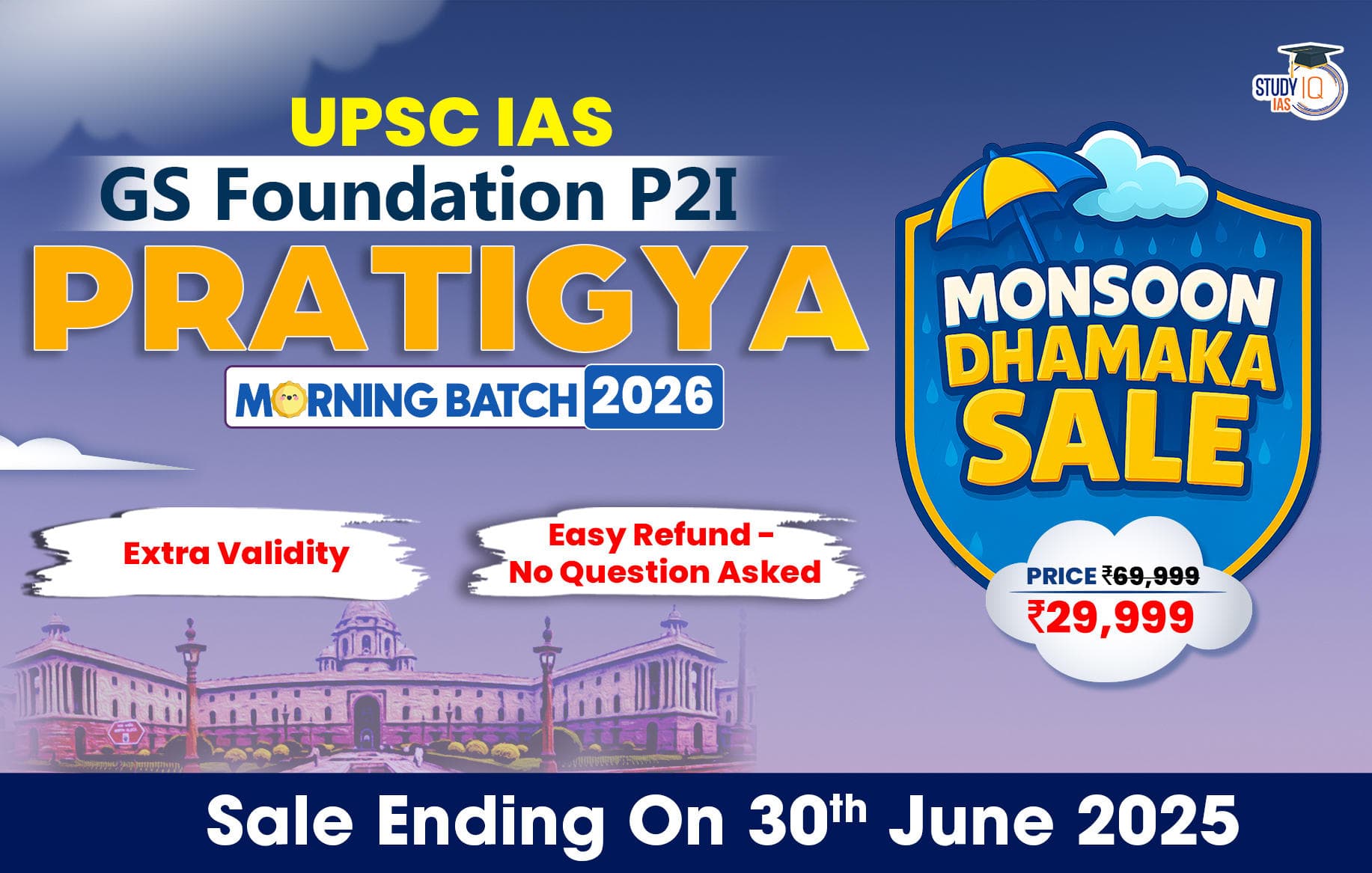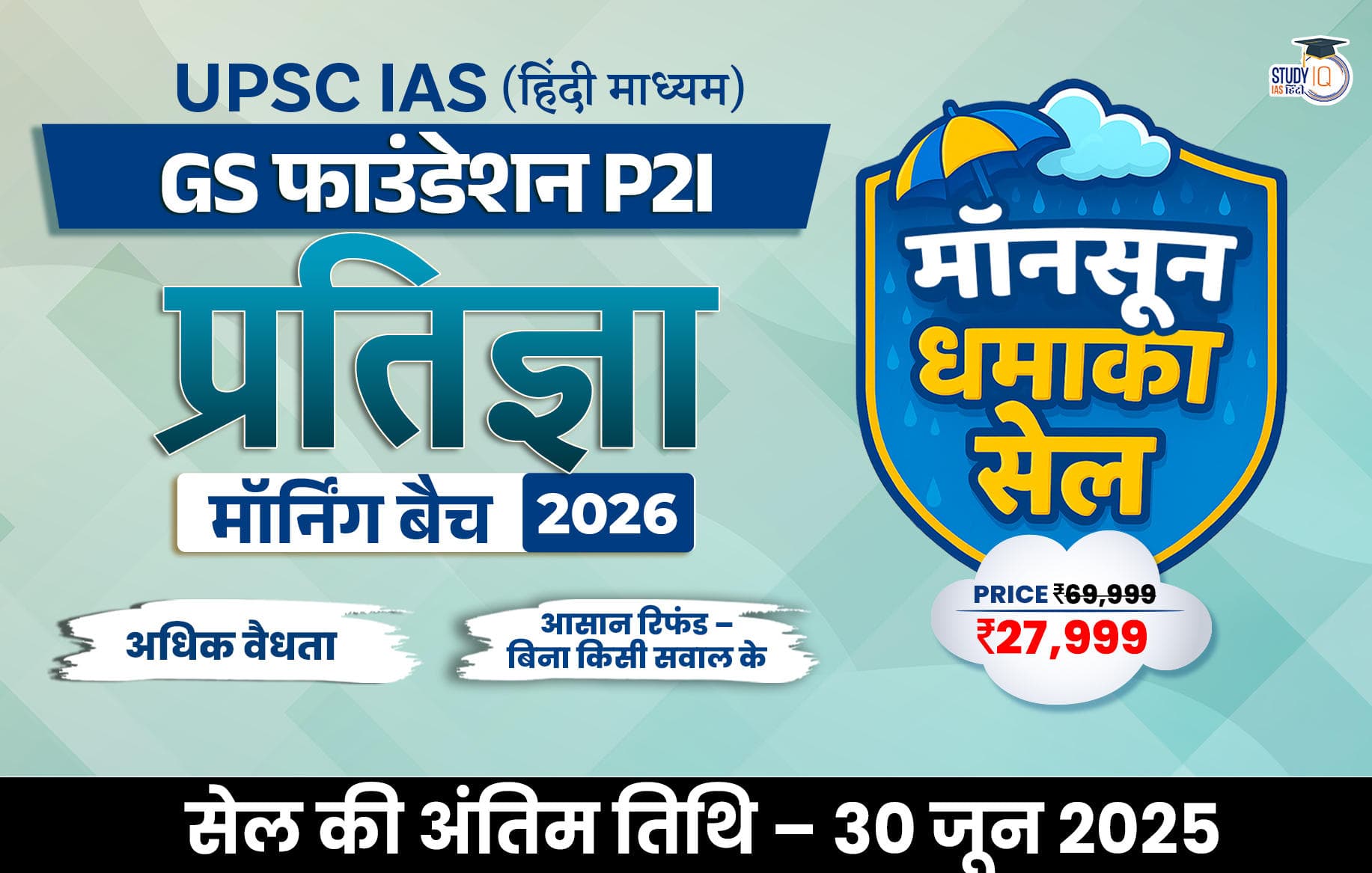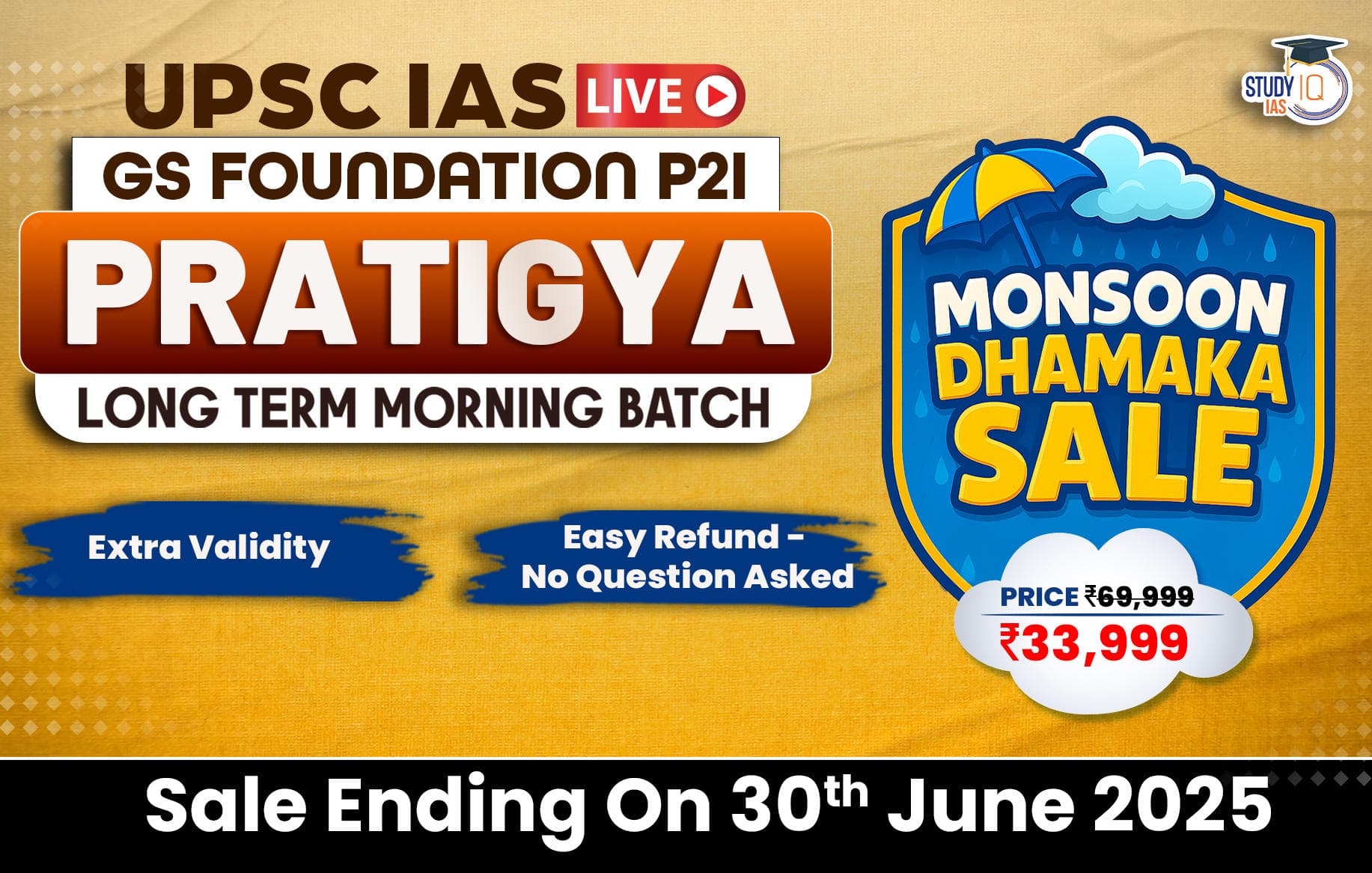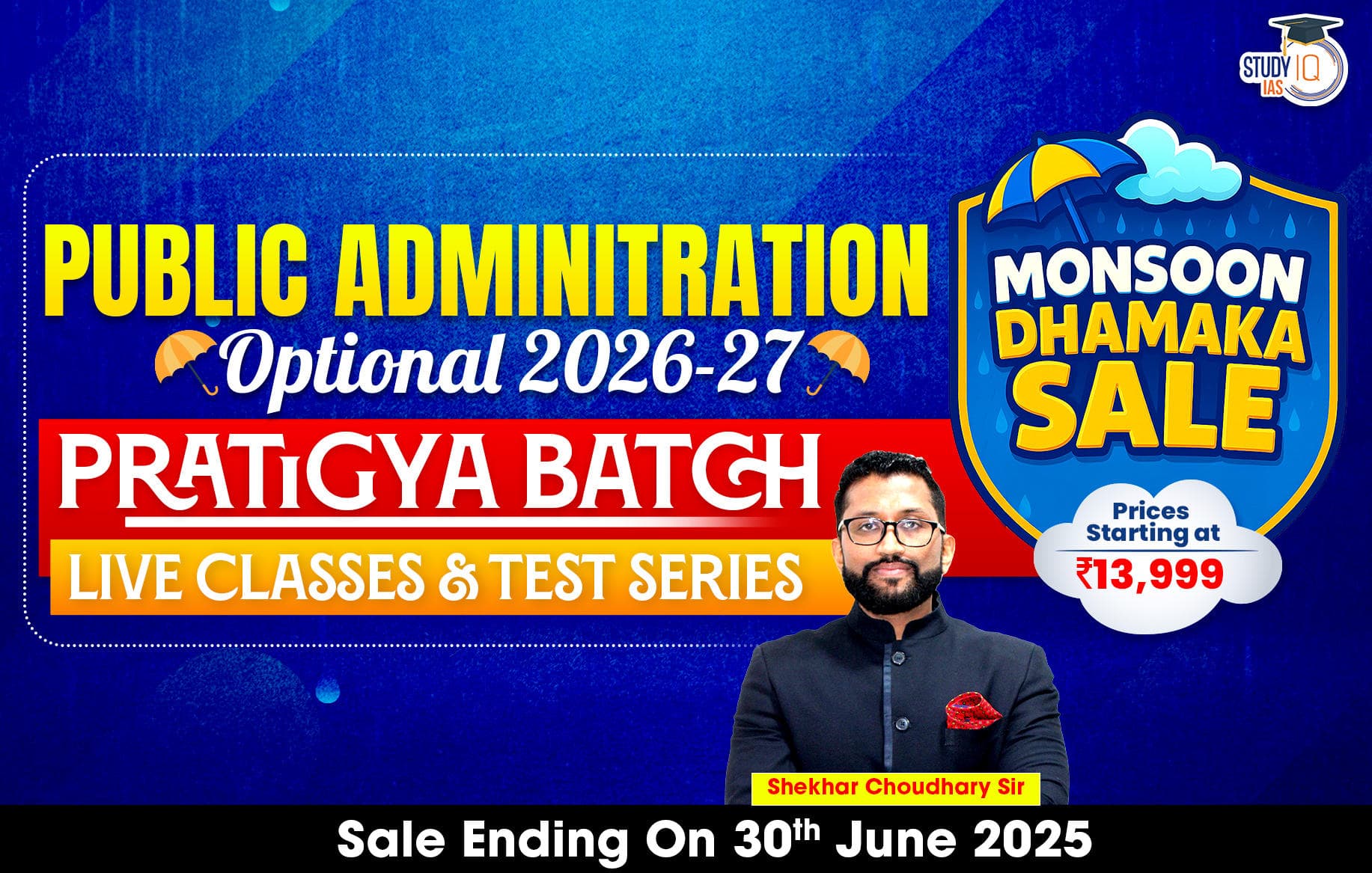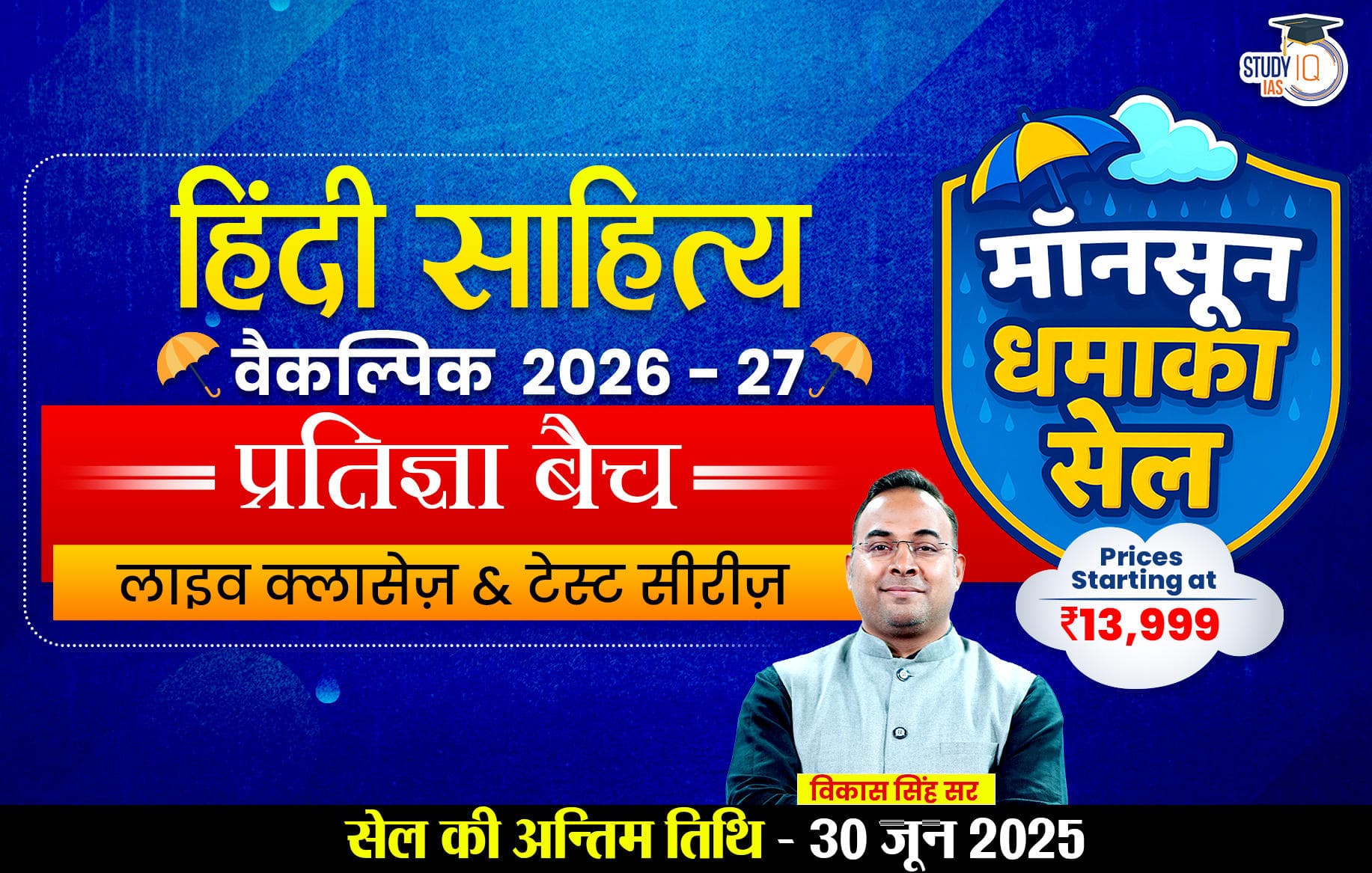Table of Contents
Context: External Affairs Minister S Jaishankar visited Russia as a part of the ongoing high-level exchanges between the two sides.
India-Russia Relations Introduction
- Russia has long been a key ally and trusted partner for India, playing an integral role in India’s foreign policy.
- Since India’s independence in 1947, Russia has significantly contributed to India’s pursuit of economic independence, investing in key sectors like heavy machinery, mining, energy, and steel.
- The bond between India and Russia was further strengthened with the signing of the Treaty of Peace and Friendship in August 1971, symbolising their joint commitment to regional and global peace and security.
- Following the dissolution of the Soviet Union, India and Russia continued to strengthen their ties, culminating in the signing of a new Treaty of Friendship and Cooperation in January 1993 and a Military-Technical Cooperation agreement in 1994.
- The relationship took a significant leap with the “Declaration on the India-Russia Strategic Partnership” in October 2000, during President Putin’s visit, marking a new era of cooperation across various sectors, including politics, security, defence, trade, economy, science, technology, and culture.
- This Strategic Partnership established numerous dialogue mechanisms at different levels, ensuring regular interaction and the progress of cooperative activities.
- The partnership was further elevated to a “Special and Privileged Strategic Partnership” during the Russian President’s visit to India in December 2010.
- Russia’s assumption of the BRICS Presidency in April 2015 marked another milestone, with the country organising several events and meetings under the BRICS framework, further solidifying its role as a pivotal partner for India.
- This Agreement on the Programme for Military Technical Cooperation, set for the decade 2021-2031, was finalised during the first India-Russia 2+2 Dialogue in Delhi on December 6, 2021.
- In 2022, the two countries celebrated the 75th anniversary of their diplomatic relations, highlighting the enduring strength and significance of their ties.
We’re now on WhatsApp. Click to Join
Areas of Cooperation of India-Russia Relations
Political Cooperation
- The Annual Summit between India and Russia is the highest institutionalised dialogue mechanism in the strategic partnership between India and Russia.
- A Joint Statement titled “India-Russia Partnership for Peace, Progress and Prosperity” has been recently adopted.
- During the 17th Annual Summit, a Joint Statement ‘Partnership for Global Peace and Stability ‘ and a ‘Road map of Events’ were adopted to celebrate the 70th anniversary of the establishment of the diplomatic relations between India and Russia.
- In 2019, Russia awarded PM Narendra Modi “the Order of St Andrew the Apostle”, the highest and the oldest Russian state decoration.
- After the Russian invasion of Ukraine, the EU and the U.S. have restricted transactions in euros and U.S. Dollars with Russian entities. India, still trading with Russia, is considering reviving the 1953 Rupee-Rouble mechanism.
Defence and Security Cooperation
- India is the largest buyer of Russia’s military equipment. As of now, India has purchased various military equipment from Russia, such as the S-400 Triumph Missile system, Kamov 226 helicopters, T-90S tank to be jointly manufactured under the Make in India initiative, INS Vikramaditya aircraft carrier program, etc.
- India and Russia have been jointly developing a number of defence technologies, including the BrahMos supersonic cruise missile, Sukhoi Su-30 fighter aircraft, the Fifth Generation Fighter Aircraft (FGFA), and the Akula-class nuclear submarine.
- INDRA & AviaIndra are joint military exercises conducted by India and Russia.
Trade and Economy
- India and Russia aim to boost bilateral trade to US$30 billion and bilateral investment to US$50 billion by 2025.
- India has announced a $1 billion line of credit for the development of Russia’s Far East.
- Between April 2020 and March 2021, bilateral commerce between the two countries amounted to USD 8.1 billion.
- India has received major bilateral investments from Russia in sectors like petrochemicals, oil and gas, banking, railways, and steel sectors.
- Indian investments in Russia are mainly in sectors including oil and gas, diamond, and pharmaceuticals.
International/Multilateral Cooperation
- India and Russia are members of various multilateral organisations including BRICS, RIC, G20, East Asia Summit, and SCO—where avenues for cooperation on issues of mutual importance exist.
- Russia supports India’s bid for a permanent seat in the UN Security Council (UNSC).
- Russia has backed India joining the Nuclear Suppliers Group (NSG) and Asia Pacific Economic Cooperation (APEC) and is sensitive towards India’s position on Jammu and Kashmir vis-a-vis Pakistan.
- Also, both nations have an active engagement at:
- International/Multilateral Organizations (e.g. BRICS and SCO).
- Connectivity projects such as INSTC (International North-South Transport Corridor)
Cultural Cooperation
- The Communist Revolution in India has inspired many leaders. Lenin was a supporter of the Indian Freedom Struggle.
- Several programs like “Namaste Russia,” where people-to-people connect the educational brilliance of both countries, have good cultural links.
- Jawaharlal Nehru Cultural Centre, Moscow, established in 1989, has been mandated with the task of maintaining India’s cultural relations with the Russian Federation.
- There are also several Russian Centres of Science and Culture (RCSC) in India.
- ‘Days of Indian Culture’ are organised in regions of the Russian Federation to disseminate Indian Culture and master classes in dance and music are conducted by India-based teachers.
- The Hindustani Samaj is the oldest Indian organisation in Russia since 1957.
- In 2019, India hosted the Year of Russia, a major event that included over 1,000 cultural events, such as exhibitions, concerts, and film screenings.
- In 2020, Russia hosted the Year of India, a similar series of events with over 700 cultural events held across the country.
- In 2021, the two countries jointly organised the International Yoga Day celebrations.
Science and Technology Cooperation
- Russia played a crucial role in assisting India with the launch of its first two satellites, Aryabhata and Bhaskar, and also collaborated on developing the cryogenic engine for heavy rockets.
- Russia will provide training for India’s ambitious Gaganyaan mission, where Indian astronauts will be prepared for space travel.
- Roscosmos, the Russian State Space Corporation, and ISRO will work together on human spaceflight and satellite navigation programs.
- The bilateral Science and Technology cooperation between India and Russia is facilitated through three primary institutional mechanisms: the Working Group on Science and Technology under IRIGC-TEC, the Integrated Long-Term Program (ILTP), and the Basic Science Cooperation Program. Inter-academy exchanges are also encouraged by the Science Academies of both countries.
- Recent projects in the field of Science and Technology cooperation include the Russia-India Bridge to Innovation, telemedicine collaboration, the Traditional Knowledge Digital Library (TKDL), and the Russia India Network (RIN) of universities.
Nuclear Energy
- The two countries signed their first nuclear cooperation agreement in 1963.
- In 1988, the two countries agreed to build a nuclear power plant in India.
- In 2009, India and Russia signed a landmark agreement to build 12 nuclear power reactors in India.
- The first of these reactors, Kudankulam Nuclear Power Plant Unit 1, was commissioned in 2016. The remaining reactors are under construction and are expected to be completed by 2030.
- Both India and Russia are implementing the Rooppur Nuclear Power Project in Bangladesh.
- In 2018, the two countries signed an agreement to jointly develop Small Modular Reactors (SMRs).
- SMRs are small, efficient nuclear reactors that can be used to generate electricity or to produce heat for industrial applications.
Terrorism
- India and Russia have agreed to strengthen counter-terrorism cooperation in bilateral as well as multilateral platforms.
- Russia praised India’s role as Chair of the UN Security Council Counter-Terrorism Committee in 2022 and the adoption of the New Delhi Declaration, which focused on countering the use of new technologies for terrorist purposes.
- “The Agreement on Cooperation in Combating Terrorism and Organised Crime” signed in 2017 is a step towards consolidating the benefits accrued in the field of security and seeks to jointly fight the new and evolving risks and threats.
- The Agreement would reinforce the relationship between India and Russia through the exchange and sharing of information, expertise and best practices, and would help in curbing terrorism and enhancing security in the region.
- Russia supports India in combating terrorism and backs India’s proposal of the Comprehensive Convention on International Terrorism (CCIT).
Cyber Security
- Agreement on Cooperation in International Information Security: India and Russia have an “Agreement on cooperation in International Information Security,” which signifies their commitment to work together in the realm of cyber security.
- Combatting Radicalization and Cyber Terrorism: Both countries have been actively working on closer coordination to combat radicalization and cyber terrorism facilitated through social media platforms by groups like the Islamic State (IS), as well as Pakistan-based outfits like Lashkar-e-Taiba (LeT), Hizbul Mujahideen, and Jaish-e-Mohammed.
- Collaboration with Russian Quantum Center (RQC): RQC plans to provide ‘quantum cryptography,’ a cutting-edge technology that can significantly bolster information security in sectors like banking, national security, and homeland security.
- Quantum cryptography relies on the principles of quantum mechanics and the intrinsic properties of individual particles or waves of light (photons) to develop an unbreakable cryptosystem, making it highly secure against hacking attempts.
Evolution of India-Russia Ties
The roots of the India-Russia relationship can be traced back to the early 20th century when India was under British rule and the Tsars ruled Russia. The Russian Revolution of 1905 inspired Indian freedom fighters, and figures like Mahatma Gandhi and Jawaharlal Nehru were greatly influenced by the ideas emanating from Russia at that time.
The official establishment of diplomatic relations between India and the Soviet Union was announced even before India gained independence, on April 13, 1947. The relationship between the two nations took on a truly strategic dimension during the Cold War era, with strong political, strategic, military, economic, and diplomatic ties.
- The strategic partnership between India and Russia was formally initiated in October 2000 with the signing of the “Declaration on the India-Russia Strategic Partnership.”
- After the Dissolution of the Soviet Union, Russia inherited the close relationship that the Soviet Union had with India, and the two countries continued to share a Special Strategic Relation.

The relationship has been strengthened through various high-level visits, and in December 2010, the Strategic Partnership was elevated to the level of a ‘Special and Privileged Strategic Partnership.’
The foundation of the India-Russia relationship has been built on five key pillars:
- Similar Political and Strategic Perceptions
- Intensive Military-Technical Cooperation
- Strong Economic Bonds
- Deep Ties in Science and Technology
- People-to-People and Cultural Links
However, India-Russia relations have faced challenges, particularly in the post-Covid scenario. Issues related to Russia’s close ties with China and Pakistan have contributed to a strain in the relationship, leading to geopolitical complexities for India.
Challenges in India-Russia Relationship
- Economic Challenges: High trade deficit between two nations. The regulatory impediments and the use of phytosanitary standards and non-tariff barriers by Russia add to it.
- Russia classifies tea as fruit and vegetable, leading to more phytosanitary restrictions.
- The increased oil purchases in 2022 and the strengthening of Russian Ruble against Indian Rupee will increase the deficit
- Defence Challenges: India needs to reduce its defence supplies from Russia as part of defence modernization, and diversification and to avoid USA sanctions under CAATSA.
- Growing Affinity of Russia and China: Russia is seeking a closer partnership with China in the face of increasing hostilities between Russia and the West.
- Russia has also been selling more advanced weapon platforms to China, which have material consequences affecting India’s national security and the military balance between India and China.
- India and US: India faces complex geopolitical challenges as it navigates between supporting Russia and aligning with the US in countering China’s rise in the Indo-Pacific, potentially impacting its role in regional dynamics.
- Russia- Pakistan-China Axis: Russia, facing sanctions, is working to rebuild its influence by strengthening ties with China and Pakistan, focusing on defence, intelligence, energy, and cultural exchanges. This growing alliance poses a challenge to India’s Eurasian strategies, as Pakistan could intensify its anti-India activities by aligning more closely with Russia in the Eurasian region.
- India- EU: Since Russia’s invasion of Ukraine, India has significantly increased its purchase of discounted Russian crude oil, subsequently selling refined fuels to Europe, potentially leading to stricter EU policies towards India.

Way Forward
- Diversification of Trade to overcome the issues of limited economic relationship with high trade deficit.
- Positive outcomes on the recent list of over 500 products from Russia to India for exports can be a good starting point.
- India and Russia might foster a free trade agreement that aims to build closer economic ties as most Western governments push to isolate Moscow over the war in Ukraine.
- A Rupee-Rouble mechanism for trade between India and Russia can be a potential solution to carry on with bilateral trade between the two countries amid Western sanctions on Russia.
- Increasing private sector participation in the economic relationship with removal of barriers to trade and investment.
- More initiatives like the India—Russia Business Forum ‘Cooperation for Development and Growth’ need to be undertaken that aim to support Russian businesses entering the Indian market and to acquaint Indian partners with specific export offers.
- Collaboration with Russia: India should dilute the new emerging triangle China-Pakistan-Russia by moving closer towards Moscow.
- India requires Moscow’s support for the International North-South Transport Corridor (INSTC) which is a land-and-sea-based 7,200-km long network comprising rail, road and water routes.
- It will work as an alternative route which increases trade connectivity with Russia, Iran and former Soviet Union Republics.
- It will reduce transport costs and time between Eurasia and India. This corridor is somewhat parallel to China’s ‘One Belt one Road’ strategy.
- Broaden collaboration on bilateral and regional issues covering new theatres of cooperation as part of shared common responsibilities on global peace and stability.
- Modernization of Defence Supplies from Russia through joint development and co-production of advanced weapons, promoting self-sufficiency and reduced dependence of India on others for modernization and diversity under Make in India.
- Joint manufacturing of Spare parts and Reciprocal Logistics Support for increased defence cooperation can also add to it.
- Protect Multilateralism at the UN and other forums such as BRICS, SCO etc. for a more rules-based international order.

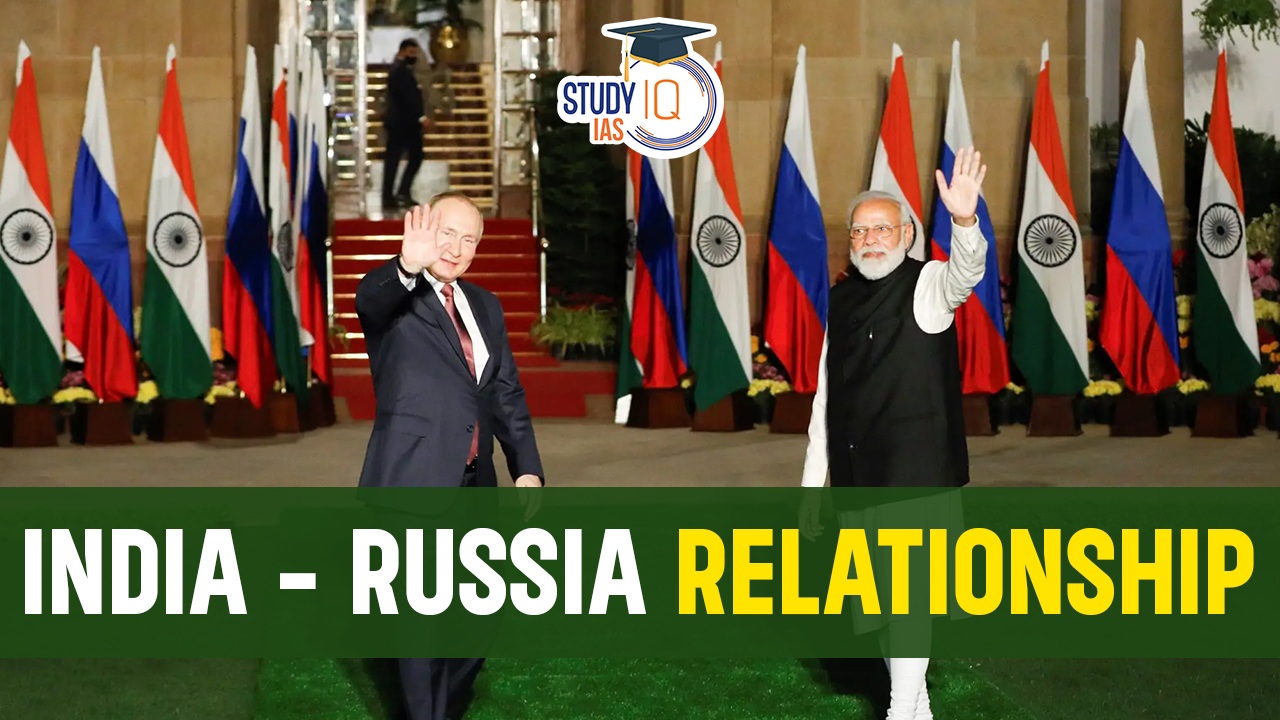
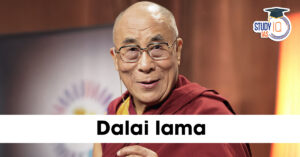 Dalai Lama Confirms He will have a Succe...
Dalai Lama Confirms He will have a Succe...
 Transforming Remittances Landscape in In...
Transforming Remittances Landscape in In...
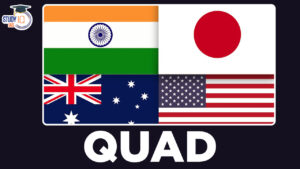 QUAD Countries: Members, Objectives, Imp...
QUAD Countries: Members, Objectives, Imp...

